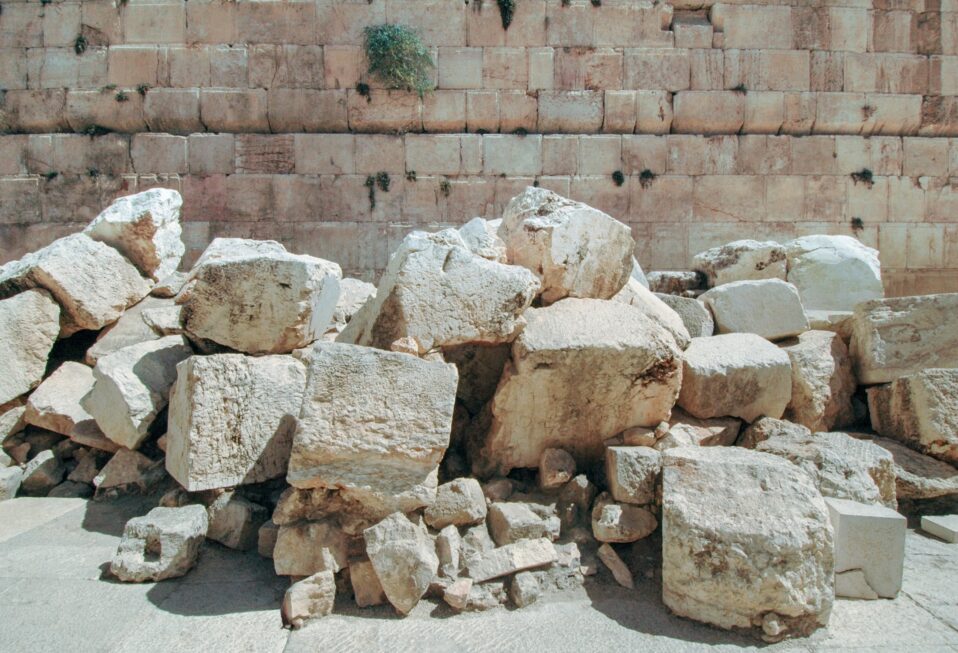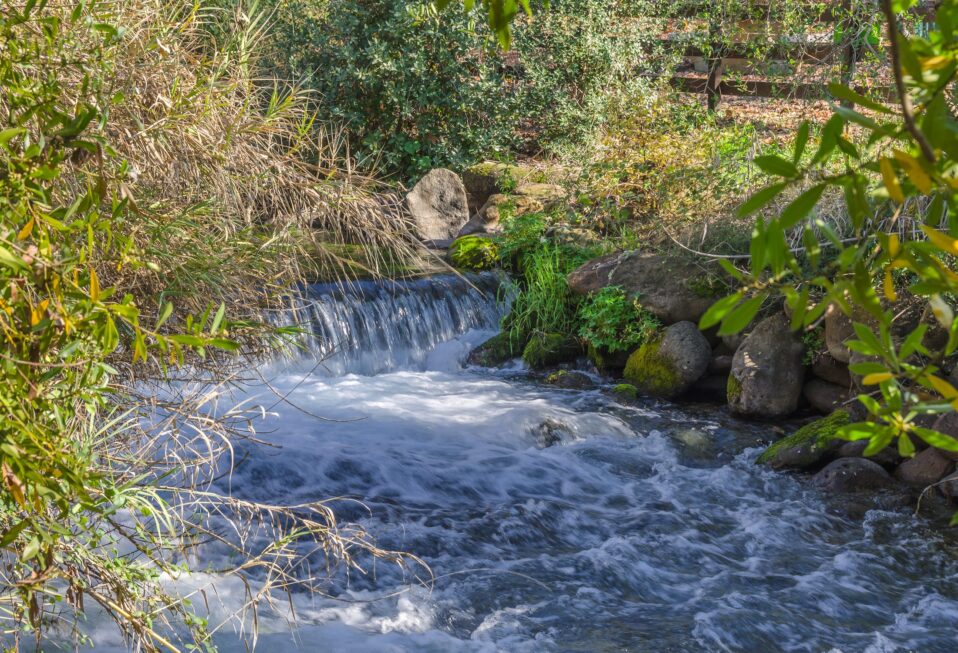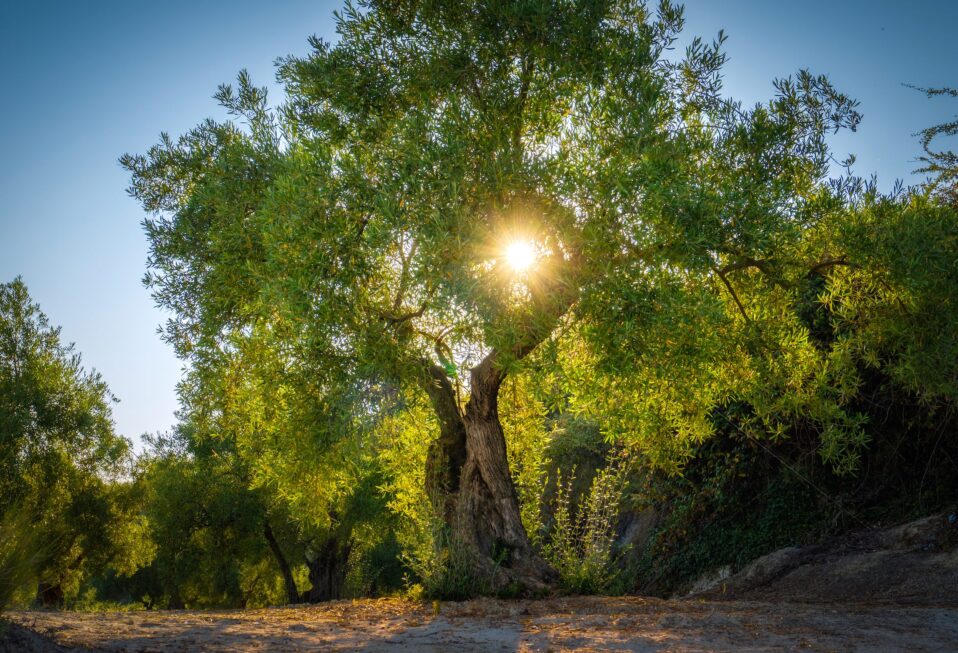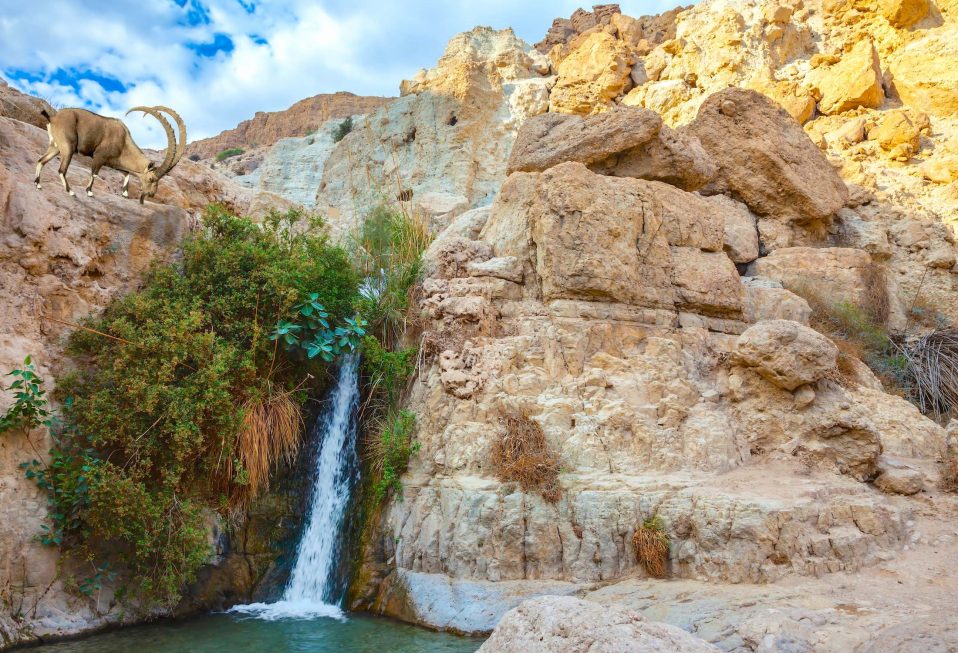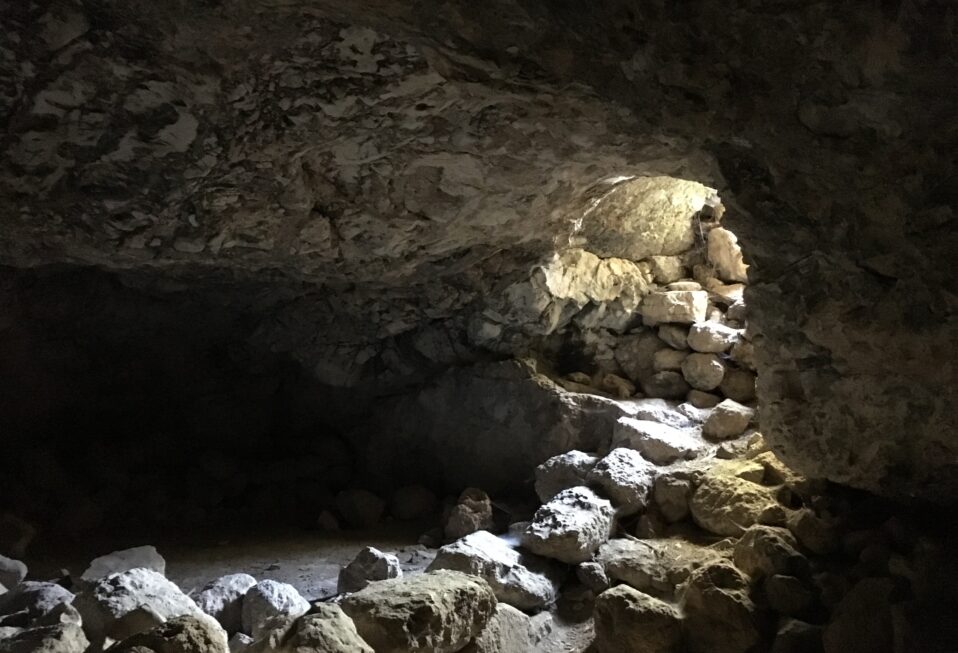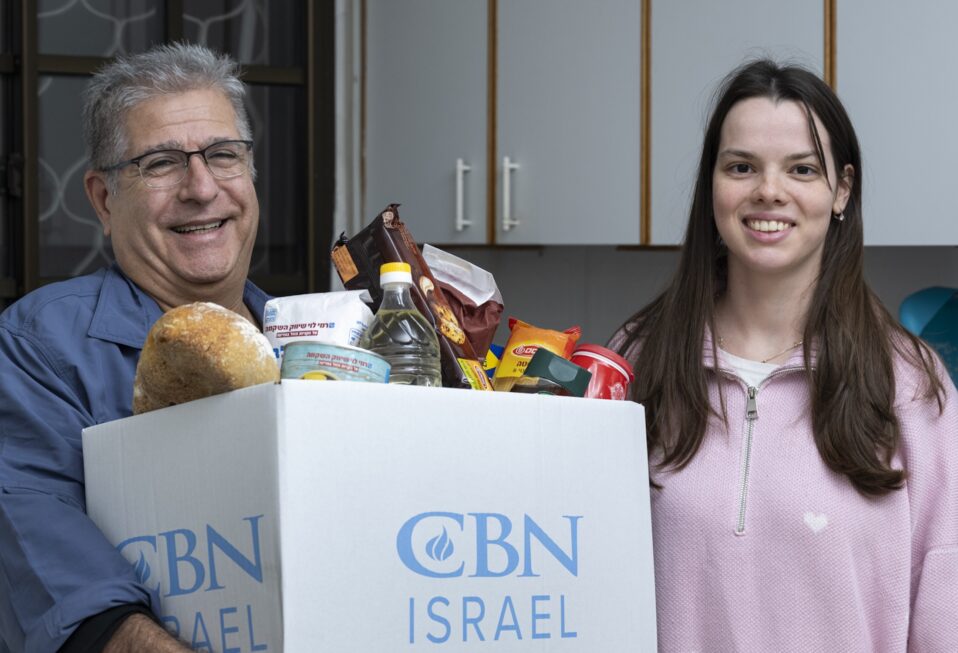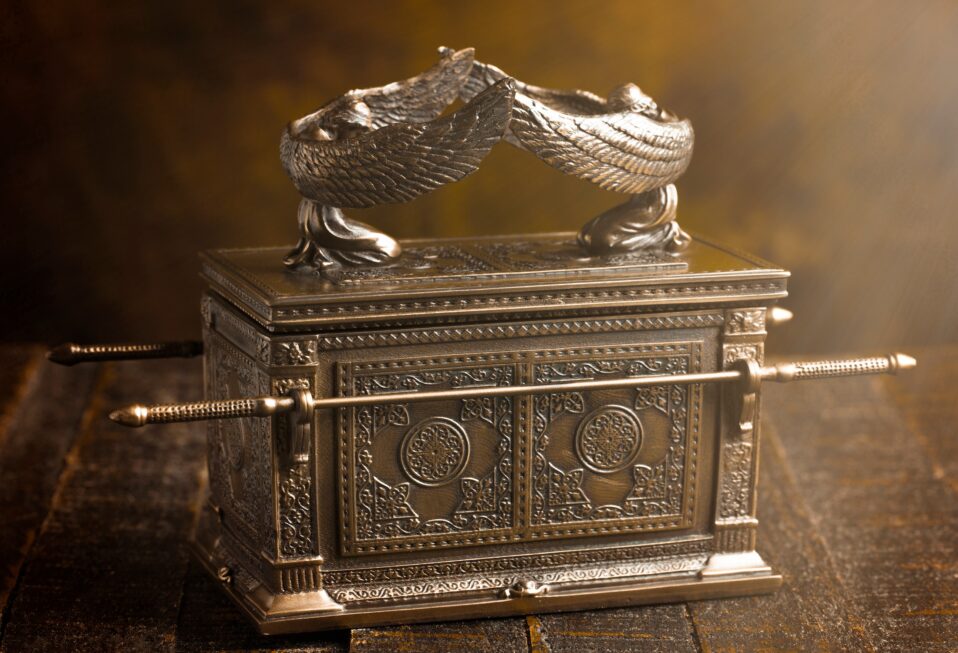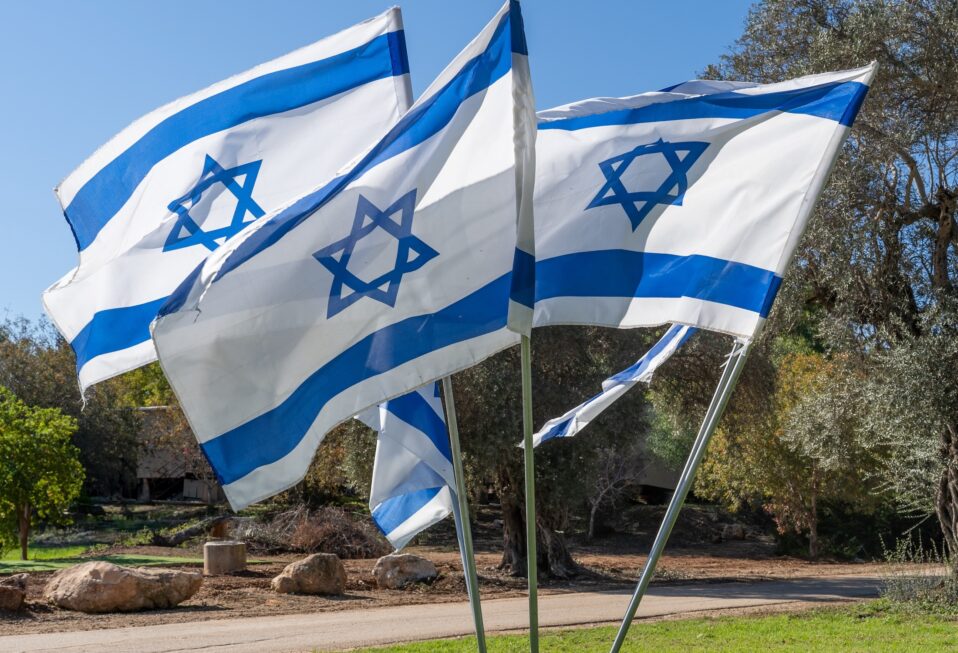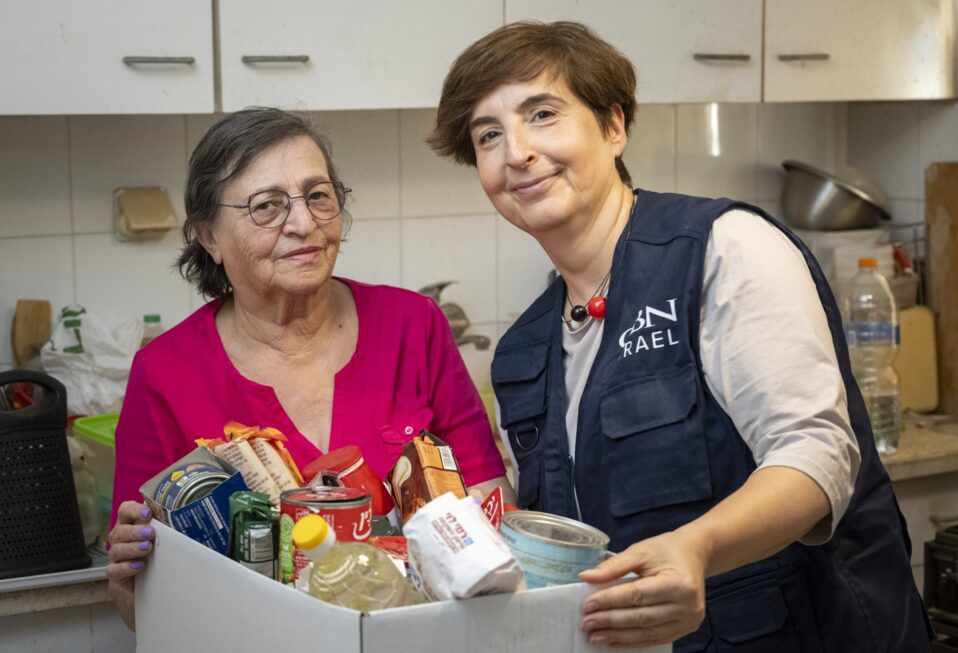“As the deer pants for streams of water, so my soul pants for you, O God” (Psalm 42:1).
There are times in life when the soul feels dry, worn, and desperate for something more. Joy feels like a distant memory and hope seems hard to find. The writer of Psalm 42 understands this state of mind. He compares his longing for God to a thirsty deer searching for water.
This is not simply a poetic image. It is a cry of deep spiritual need.
The psalmist finds himself far from home, possibly in exile, far from the Temple and the worship he once enjoyed with others. He is surrounded by sorrow. His tears have been his food day and night. People around him question his faith, asking, “Where is your God?” But the greater cry is deeply internal. His own heart aches with the same question.
Still, his longing turns him toward faith and hope.
“Why, my soul, are you downcast? Put your hope in God, for I will yet praise Him” (Psalm 42:5).
His circumstances do not change, but his focus and mindset does. He remembers who God is. Even when his heart feels crushed and forgotten, he speaks truth to himself. God remains faithful. God hears. God will respond.
In other words, his situation never dictates his reality or perception of God. He recognizes that God answers those who cry out to Him. He responds to those who long for him as the thirsty deer does the streams of water.
This kind of longing is not weakness. It is worship. The psalmist brings his pain honestly to God and trusts that the One who fills the thirsty will fill him again.
If you are in a season of spiritual dryness, do not be afraid to cry out to God. Longing for Him is a sign of faith. Just as a stream refreshes the weary deer, God refreshes the hearts of those who seek Him.
Are you experiencing a dry or distant season with God? What would it look like to bring your longing to Him right now today and trust Him to meet you?
PRAYER
Father, I thirst for You. Even when I feel distant or overwhelmed, my soul reaches for You. Please be my source of refreshment and restore my hope. I trust in Your love and faithfulness. Amen.



